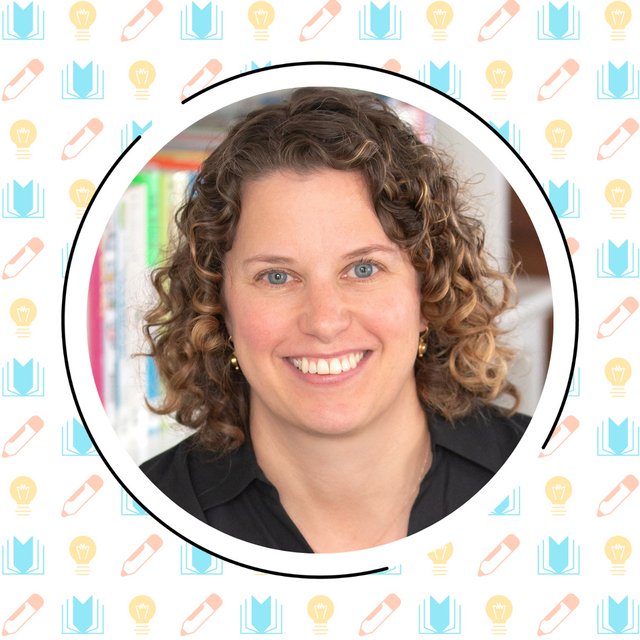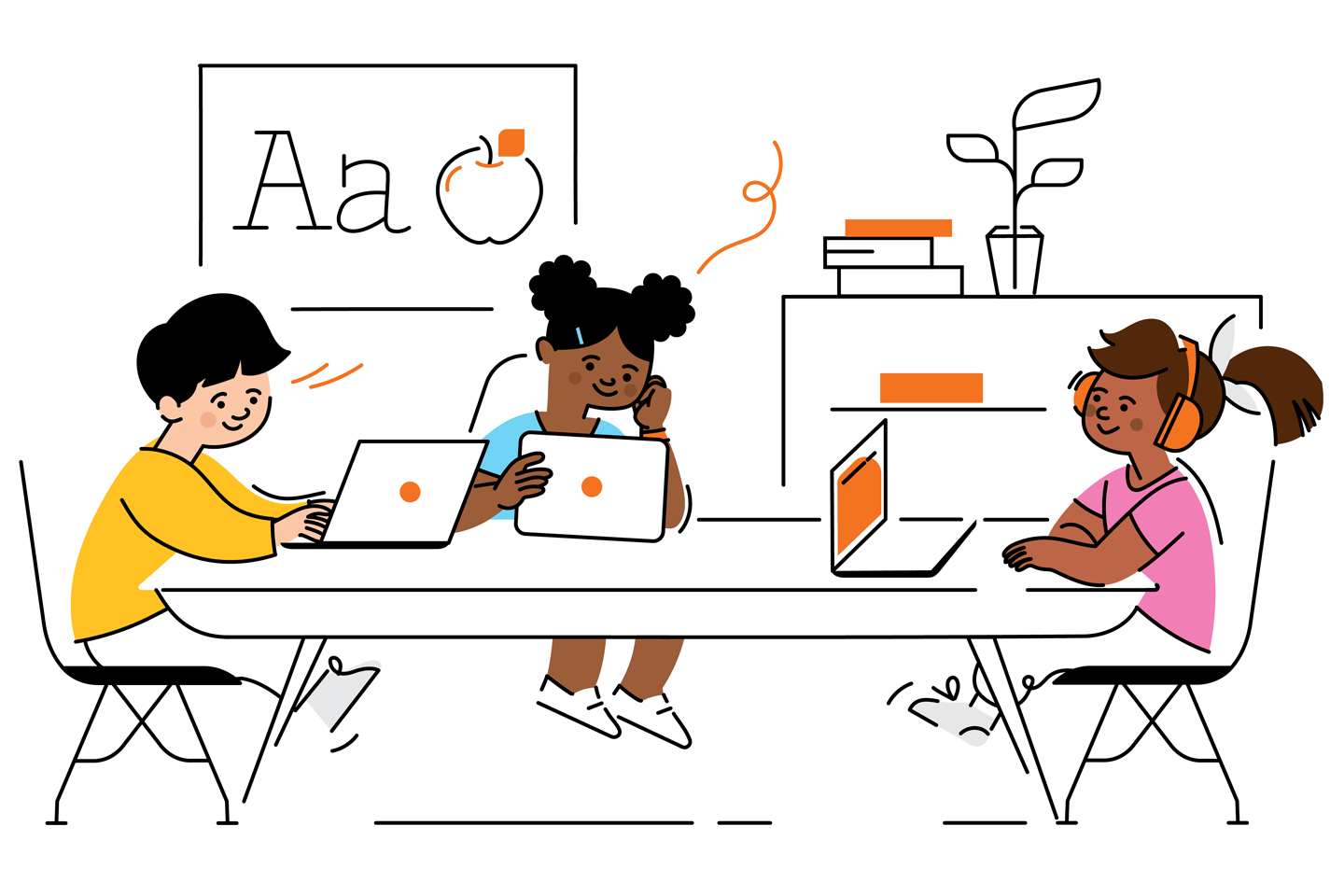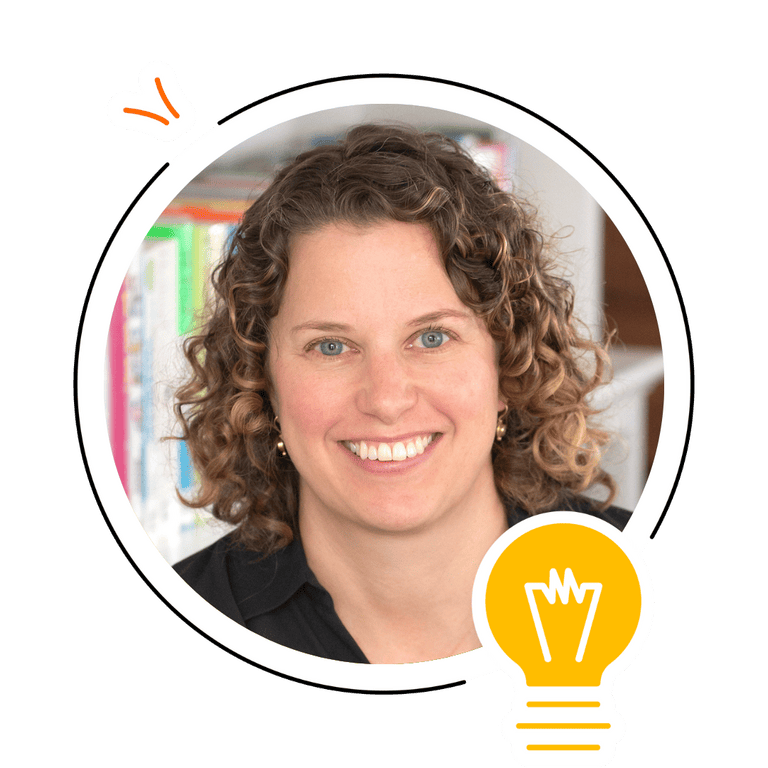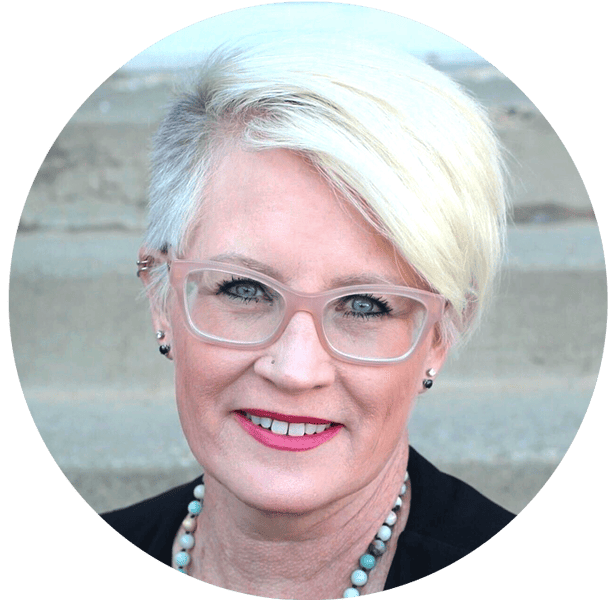
The joy of reading aloud, with Molly Ness
Many educators understand the value of reading aloud to students, but may not yet have unlocked the full power of these tools as an intentional, consistent, and joyful instructional approach. In this episode, we welcome Molly Ness, author of the recent book, Read Alouds for All Learners: A Comprehensive Plan for Every Subject, Every Day, Grades PreK–8. Molly—a former classroom teacher who also spent 16 years as a teacher educator—gives us an overview of the research on read-alouds, detailing the myriad benefits (linguistic, socioemotional, motivational, and physiological) they provide students. Molly also lays out strategies for effective read-alouds, instructions on how to properly plan and implement them, and specific examples of the pre-work process for texts like Knuffle Bunny by Mo Willems.
Meet our guest(s):



